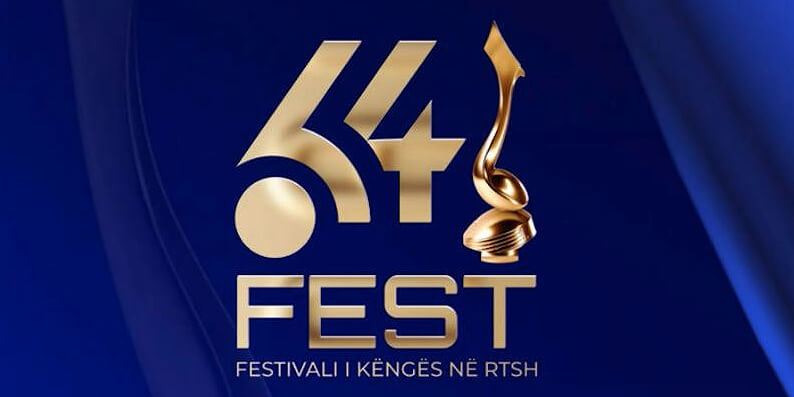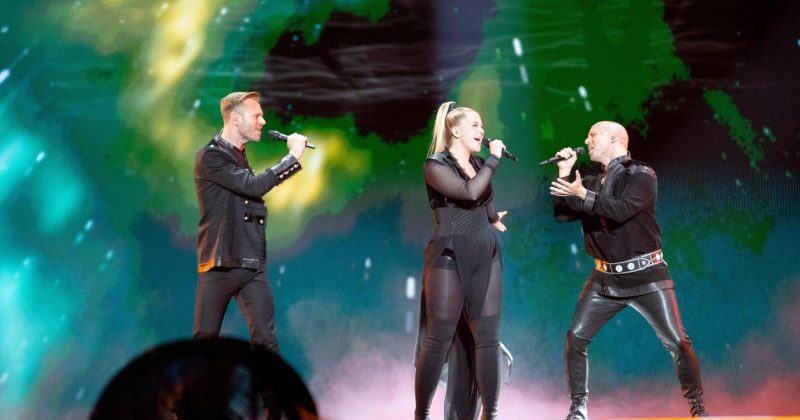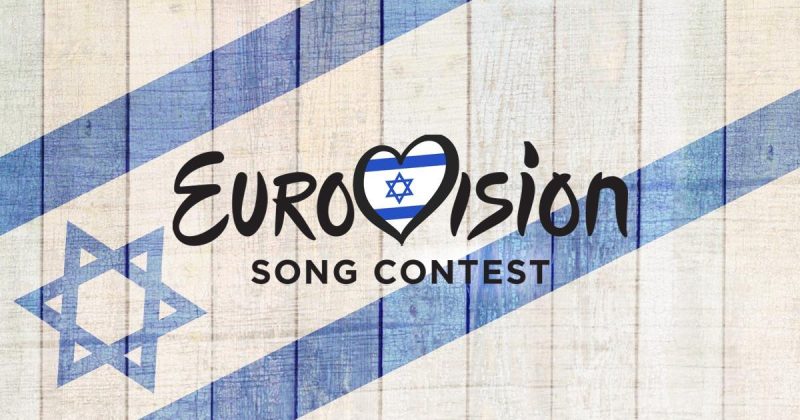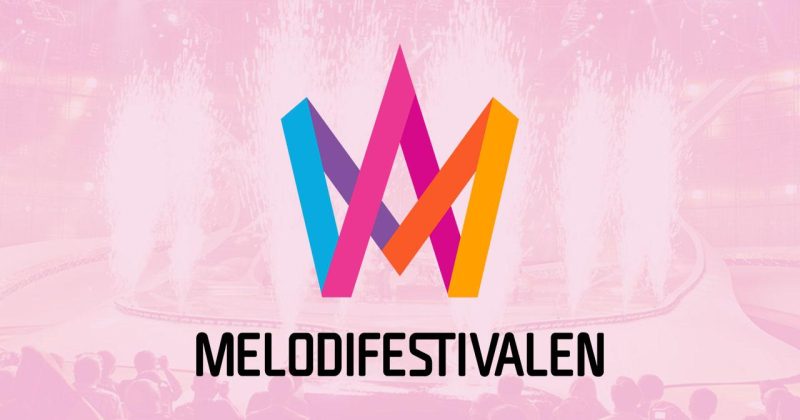
The contestant list for Albania’s “Festivali i Këngës” has been revealed. The lineup includes many artists who have previously tried their luck at the festival.
The Albanian national broadcaster, RTSH, has announced the 28 contestants for the 64th edition of “Festivali i Këngës”, which has served as Albania’s national selection for Eurovision since 2004. The songs are expected to be released for listening in December.
Contestant List:
- 2 Farm
- Alis
- Egzon Pireci
- Endri Kaçaçi
- Enxhi Nasufi
- Erand Sojli
- Erik Lloshi
- Evi Reçi
- Fifi & Tiri Gjoci
- Frensi
- Gerta Mahmutaj
- Ghiti
- Gresa Gjocera & Bledi Kaso
- Inis Neziri
- Kamela Islamaj
- Kimi
- Kleansa Susaj
- Lorenc Hasrama
- Luna Çausholli
- Malvina Likaj
- Rezarta Smaja
- Rigersa Loka
- Sara Kapo
- Savjana Vjerdha
- Sheila
- Sihana Haxhnikaj
- Threex
- Vedat Ademi
Among the Contestants – Many Familiar Names:
Many of the contestants this year have competed in past editions, with only five exceptions.
-
Alis – Participated last year with the song “Mjegull”, finishing in third place.
-
2 Farm – Competed in the 2023 selection with “Atomike”, which was a fan favorite but failed to reach the final.
-
Enxhi Nasufi – Well-known Albanian singer, took part in the 59th edition, serving as the 2021 national selection, with the song “Njesoj”.
-
Fifi & Tiri Gjoci – A duo, each of whom has previously participated individually. Fifi competed in 2023 with “Stop”, and Tiri Gjoci in 2020 with “Me goten bosh”.
-
Rezarta Smaja – Took part with “E jemja nuse“, composed by this year’s representatives Shkodra Elektronike, in the 2022 selection, placing third.
-
Kamela Islamaj – A frequent participant, remembered most for “Me ngyros” in 2020.
-
Lorenc Hasrama – Performed with the song “Fryme” last year, reached the final, and placed fifth.
-
Inis Neziri – Competed several times, with “Pendese” in 2021 and “Piedestal” in 2018, the latter securing third place.
-
Evi Reçi – A well-known festival participant who has entered numerous times.
Other past participants who placed lower include Sara Kapo, Egzon Pierci, Erik Lloshi, Frensi, Greta Mahmutaji, Greta Gjocera & Bledi Kaso, Kleansa Susaj, and Luna Causholli.
What Should We Know About “Festivali i Këngës”?

Held annually since 1961, “Festivali i Këngës” became Albania’s Eurovision selection platform starting from its 43rd edition in 2004. It traditionally spans four nights: three competitive shows and one nostalgia-themed evening, reflecting strong public enthusiasm.
Over the years, the format evolved by adding public voting alongside jury deliberations, stirring debate over artistic merit versus popularity. In 2025, organizers reaffirmed that the festival winner would represent Albania at Eurovision, determined by a combined jury-public system.
As part of the festival rules, all contestants must perform in Albanian, though the winner may choose another language for their Eurovision performance. Participants must hold Albanian citizenship. Albania continues to uphold its cultural identity, regularly sending entries that reflect its musical style, traditions, and language.
Albania at Eurovision 2025
“Zjerm” (in English: “Fire”), performed by the duo Shkodra Elektronike, represented Albania at Eurovision 2025 in Basel, Switzerland. Albania qualified for the final from the first semi-final in second place with 122 points and finished eighth in the grand final with 218 points – 45 from the jury and 173 from the public.
Eurovision 2026: This will be Albania’s 22nd participation in the Eurovision Song Contest. Albania joined the competition in 2004 and achieved its best result in Eurovision 2012 when singer Rona Nishliu reached fifth place with the song “Suus”.

Email: [email protected]
Phone: +972-50-9441919
Ilay Gaist is a leading Israeli content creator and writer specializing in the Eurovision Song Contest. He is a well-known commentator with extensive expertise in the contest’s history, rules, and dynamics. His passion for Eurovision drives him to deliver rich, professional, and innovative content to his audience.
Ilay holds a bachelor’s degree in Arabic and has a multilingual background. He also engages in cultural research, with a particular focus on global culinary traditions and the evolution of local cuisines around the world.








